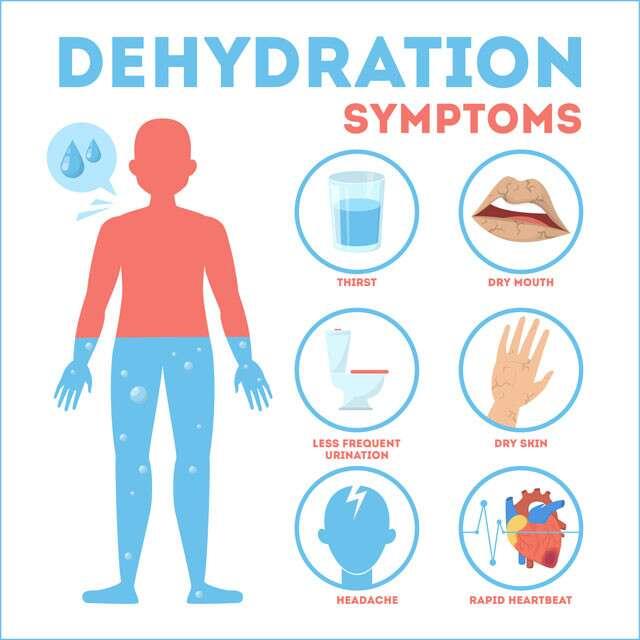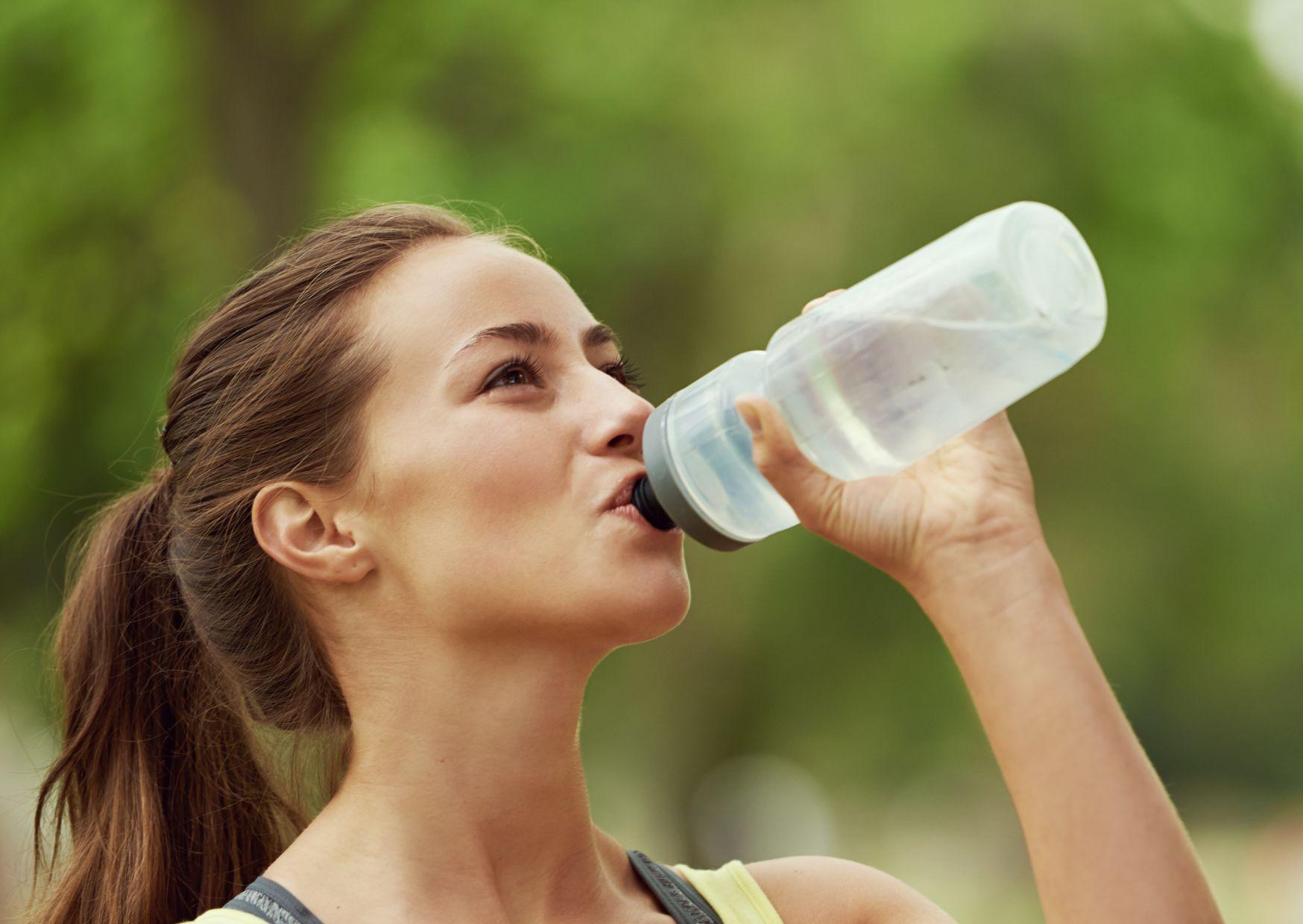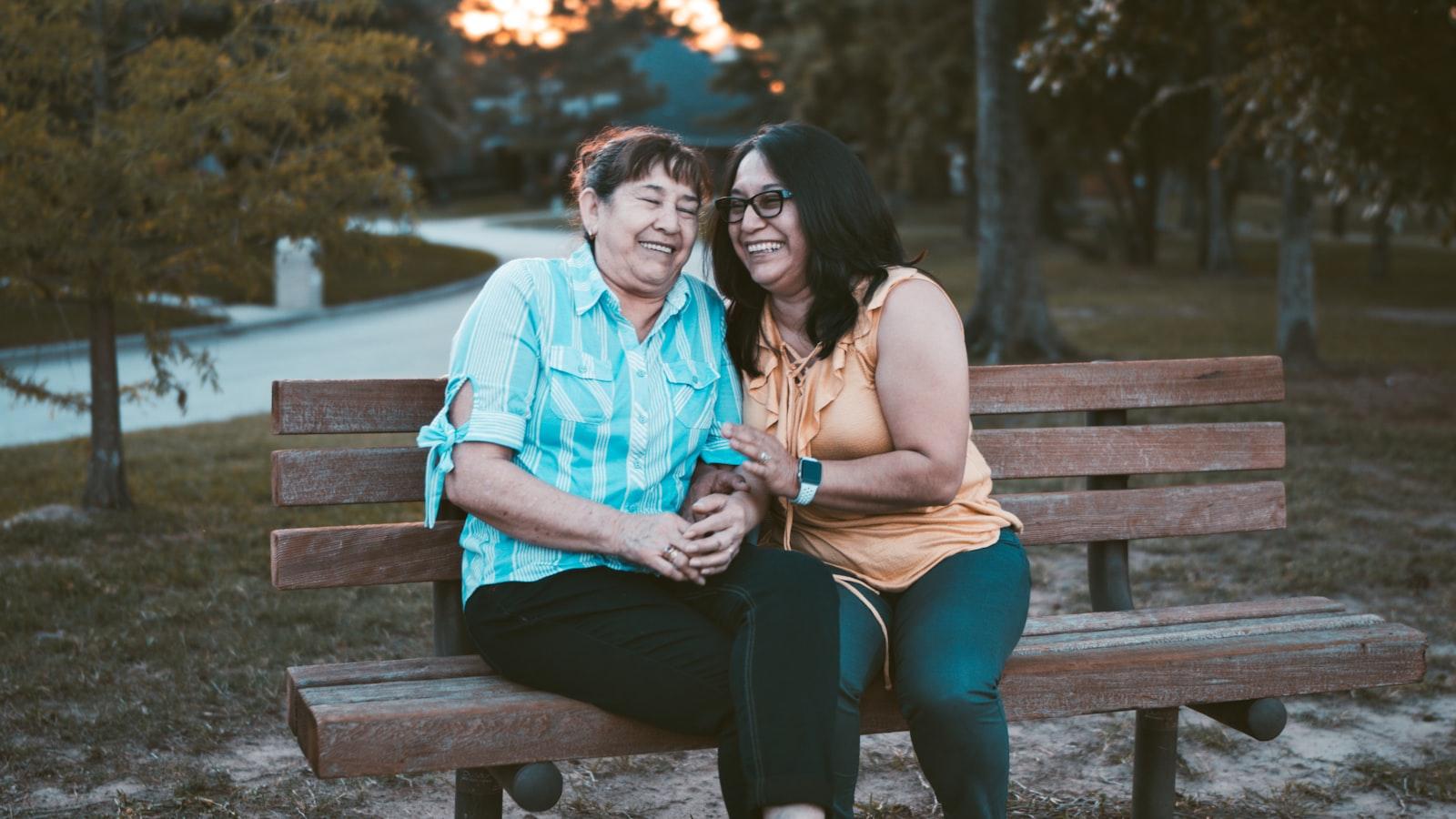In a world filled with countless fads and trends, there’s one timeless requirement that remains unchanging: water. However, in the bustling hubbub of daily life, it’s easy to overlook the significance of staying adequately hydrated. Now, imagine navigating the maze of hydration as a member of the elderly population, where maintaining water balance becomes a delicate art imbued with both complexity and importance. Join us as we embark on a journey to uncover the secrets behind the elixir of youth for our cherished seniors. In this enlightening exploration, we delve into the intricacies of hydration for seniors, unraveling the mysteries that surround this seemingly basic necessity of life. So, grab a glass of water, settle in, and let us unlock the hydration paradox that lies ahead.
Dehydration Risks for Seniors: Understanding the Challenges and Consequences
As we age, our bodies undergo various changes, including a decrease in the ability to conserve water and detect thirst. This makes seniors especially vulnerable to dehydration, a condition that occurs when the body loses more fluid than it takes in. Dehydration can have serious consequences for older adults, affecting their overall health and well-being. Understanding the challenges and consequences of dehydration among seniors is crucial in ensuring their hydration needs are met effectively.
One of the key challenges in maintaining hydration for seniors is the lack of awareness about the signs and symptoms of dehydration. Many elderly individuals may not recognize the early warning signs, such as dry mouth, fatigue, or reduced urine output. Moreover, certain medications commonly prescribed to seniors can further contribute to dehydration by increasing urination or causing excessive sweating. It is essential for caregivers and family members to be vigilant and proactively encourage fluid intake throughout the day, even when the elderly person does not express thirst.
When it comes to keeping seniors well-hydrated, it’s important to consider various strategies. Providing a wide range of hydrating fluid options, such as water, herbal teas, and clear broths, can make it more appealing for older adults to meet their fluid requirements. Offering small and frequent sips rather than large quantities at once can also be beneficial. It may be helpful to incorporate moisture-rich foods into their diet, such as fruits with high water content like watermelon or cucumber. Additionally, using reminders or setting up a hydration schedule can assist in ensuring regular fluid intake. By taking these simple yet impactful steps, we can help prevent dehydration and promote the well-being of our elderly population.

Promoting Hydration in Senior Care Facilities: Strategies for Success
Ensuring that seniors in care facilities stay properly hydrated is essential for their overall health and well-being. With age, the body’s ability to regulate water balance decreases, making older adults more susceptible to dehydration. In order to prevent this, it is important to develop strategies that promote hydration among the elderly population in these facilities.
One effective strategy is to provide a variety of flavorful and appealing beverages that encourage seniors to drink more fluids. This can include:
- Offering a selection of infused water with fruits like lemon, cucumber, and berries for added flavor and nutrients.
- Creating a hydration station with a range of herbal teas and decaffeinated options to provide more options for those who prefer other beverages.
- Incorporating smoothies and hydrating snacks, like watermelon or cucumber slices, into the daily menu to increase fluid intake.
In addition to offering a wide range of beverages, it is important to educate both staff and residents about the importance of hydration. Providing informative posters and brochures in common areas can raise awareness about the signs and risks of dehydration, while also reminding individuals to drink regularly. Staff training sessions can also be conducted to emphasize the importance of monitoring fluid intake and recognizing early signs of dehydration.

Tips for Seniors Living at Home: Staying Hydrated and Healthy
Seniors living at home often face the challenge of staying adequately hydrated, which is crucial for maintaining good health and overall well-being. Here are some helpful tips to ensure hydration remains a top priority for the elderly population:
-
Set Reminders: Many seniors may forget to drink enough water throughout the day. Encourage them to set reminders on their phones or use alarm clocks to prompt them to drink water at regular intervals. This will help establish a routine and make staying hydrated a habit.
-
Flavored Water: Plain water can sometimes be unappealing to seniors. To make it more enjoyable, try infusing water with slices of fruits like lemon, cucumber, or berries. Not only will this add a refreshing taste, but it can also provide extra vitamins and minerals.
-
Keep Water Easily Accessible: Ensure that seniors have water readily available to them throughout the day. Place water bottles or cups in easily reachable spots around their living areas, so they are reminded to sip frequently.
-
Monitor Fluid Intake: Encourage seniors to monitor their daily fluid intake. This can be done by keeping a small notebook or using a smartphone app to track the number of glasses consumed. By visually seeing their progress, seniors can stay motivated and accountable.
Creating a daily hydration plan is essential for seniors living at home. Remember, proper hydration is crucial for older adults, as it helps maintain normal bodily functions, prevent constipation, and regulate body temperature. By following these tips and ensuring seniors have easy access to fluids, you can play a significant role in helping them stay healthy and well-hydrated.
Recognizing Dehydration in Elderly Loved Ones: Warning Signs and Interventions
The well-being of our elderly loved ones is of utmost importance, and one key aspect that often goes overlooked is their hydration. As we age, our bodies become less efficient at regulating water levels, making the elderly particularly vulnerable to dehydration. It is essential to be aware of the warning signs and take proactive steps to keep our seniors well-hydrated.
So, how can we identify dehydration in our elderly loved ones? Keep an eye out for these warning signs:
- Dry Mouth and Thirst: Notice if your loved one complains of a dry mouth or expresses an increased need for water.
- Dark-Colored Urine: Pay attention to the color of urine as dark or concentrated urine can be an indicator of dehydration.
- Weakness and Fatigue: If your elderly family member seems unusually weak or fatigued, it could be a sign of dehydration.
Interventions are crucial in ensuring the well-being of our aging population. Here are some practical tips to keep our loved ones hydrated:
- Encourage Regular Fluid Intake: Remind your elderly family member to drink water regularly throughout the day, aiming for at least eight glasses.
- Offer Hydrating Foods: Incorporate water-rich foods into their diet, such as fruits and vegetables with high water content like watermelon and cucumbers.
- Create a Hydration Schedule: Set reminders for regular hydration intervals to ensure that your loved one stays on track.
| Hydration Tips | Benefits |
|---|---|
| Herbal teas | Provide hydration while giving a variety of flavors |
| Frozen fruit popsicles | Help increase fluid intake with a refreshing treat |
| Flavored water | Make drinking water more enjoyable |
By recognizing the warning signs of dehydration and implementing these interventions, we can play an active role in keeping our elderly loved ones hydrated. Let’s prioritize their well-being and ensure they remain healthy, vibrant, and hydrated as they journey through their golden years.
The Conclusion
As we bring this exploration of hydration for seniors to a close, it is evident that maintaining proper fluid intake is an essential aspect of elderly care. The wisdom engraved within these words serves as a gentle reminder of the significance hydration holds in preserving the well-being and vitality of our beloved senior citizens.
In this voyage, we have ventured deep into the realms of hydration, unearthing the many nuances that envelop the elderly population in their quest for optimal health. We delved into the intricacies of fluid balance, dissecting the delicate equilibrium that seniors must strive to maintain. From the silent battles with dehydration to the potential consequences faced when they succumb to this elusive enemy, we unraveled the veil of uncertainty that encircles them.
Through our expedition, we discovered that hydration encompasses more than simple replenishment of liquids. It embraces a myriad of factors: from the refreshing power of water to the nutritional value found in various beverages and foods. Our seniors, cherished pillars of wisdom, deserve the utmost care and attention when it comes to their hydration journey. Each sip, each mindful gulp, contributes to their physical wellness and emotional fortitude.
As we bid farewell to this captivating odyssey, let us not forget the immense importance of our role in ensuring our elderly population remains well-hydrated. For truly, in these droplets of knowledge, we have the power to empower, to nourish, and to strengthen the bonds between generations. By extending our understanding of hydration, pledging to provide fresh glasses of replenishment, we can grant our seniors the vitality they so rightly deserve.
So let us venture forth, armed with the knowledge that simple acts of kindness can quench the thirst of our elders. May they find respite in the gentle trickle of water, the chorus of cheerful sips, and the joyful chorus of swallows, knowing that they are surrounded by a caring society determined to keep them well-hydrated. Let us march on, hand in hand with our cherished senior citizens, in their quest for the everlasting elixir of life.
